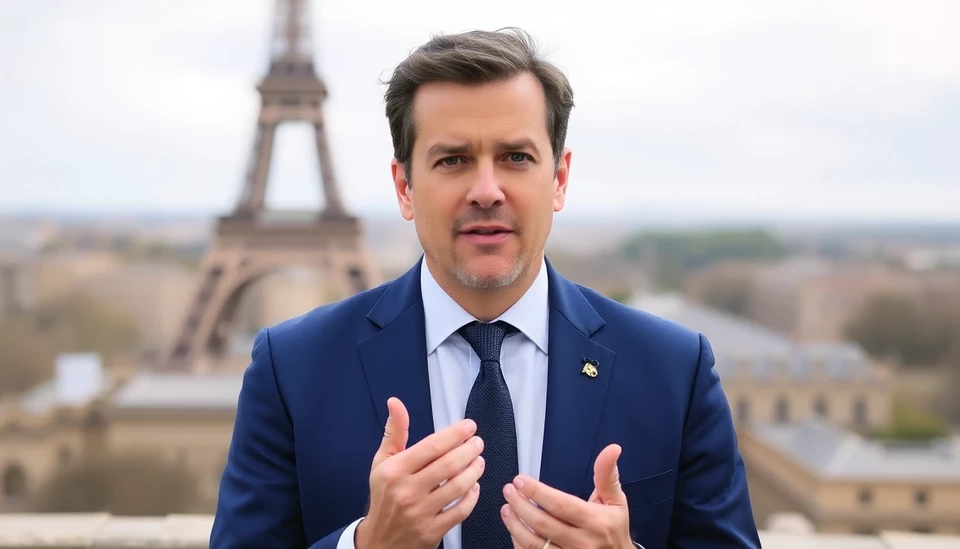
In a bold move to address its fiscal responsibilities, France has set a daunting target to achieve a staggering €40 billion in savings by 2026. This ambitious financial strategy comes as the nation aims to rein in its public deficit, a crucial step amid ongoing economic pressures and the necessity to stabilize its financial landscape.
The French government has outlined that this significant savings target is essential to meet its goal of reducing the budget deficit to 2.7% of GDP in 2026. Currently, the deficit stands at approximately 4.9%, and the government acknowledges that rigorous financial discipline and proactive measures will be required to close this gap. Finance Minister Bruno Le Maire underscored the necessity of these savings in light of rising interest rates and unintended costs that have emerged from various external factors.
In crafting this savings plan, the French administration is considering various strategies aimed at cutting public spending and optimizing resource allocation. Current discussions indicate that tackling bureaucratic inefficiencies and directing funds from less impactful sectors could be among the methods employed to achieve these savings.
Moreover, the government's commitment to enhancing productivity across public services is a central theme in their strategy. By focusing on technological advancements and digital solutions, France aims to usher in an era of streamlined operations that could lead to sustained savings. This approach not only aims to reduce costs but also to improve the quality of public services offered to citizens.
Importantly, this fiscal strategy is not merely about cutting costs; the French government plans to engage in dialogues with various stakeholders, including labor unions and industry representatives, to ensure that savings do not come at the expense of workers' rights or essential services. This collaborative approach is intended to foster a more inclusive economic environment while ensuring that France meets its financial targets.
As France sets its sights on achieving this savings milestone, the implications are profound. Economists speculate that the successful implementation of this strategy could stabilize the economy, bolster investor confidence, and potentially enhance France’s standing within the broader European financial landscape. However, challenges remain in garnering public support and convincingly demonstrating that these measures will lead to long-term economic health rather than immediate austerity-induced hardships.
As we look ahead, the French government's ability to navigate this intricate fiscal landscape will be closely monitored, not just within France but across European markets, as nations seek to recover from the lingering effects of the pandemic and various geopolitical tensions. The coming years will undoubtedly reveal the effectiveness of these savings measures in achieving the desired fiscal balance.
In conclusion, with a firm plan in place, France stands at a critical juncture in its economic trajectory. The need for €40 billion in savings poses a significant challenge, yet it also presents an opportunity for reform and modernization in public financial management. How this challenge is met will shape the future financial landscape of the nation.
#France #BudgetSavings #FiscalPolicy #EconomicStability #PublicDeficit #FinanceMinister #BrunoLeMaire #EuropeanEconomy #PublicSpending #FinancialReform
Author: Rachel Greene




